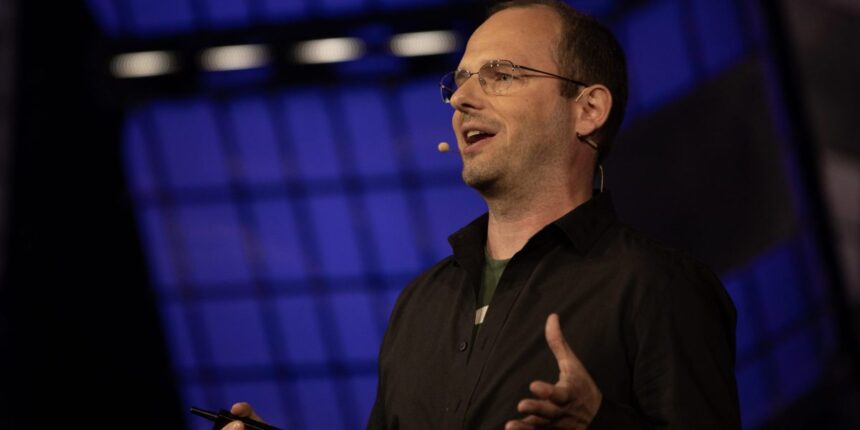
Software has formed the foundation of the United States economy. Today, nearly every consumer experience, from ATM transactions to buying and trading shares online to shifting money through your checking and savings accounts depends on millions of lines of code built, run, and maintained by software developers. Currently, many Wall Street institutions are still operating on vulnerable code written as early as the Eisenhower era over half a century ago. Despite financial institutions’ best efforts to modernize their code bases, we are now at a breaking point that could disrupt the digital economy as we know it. However, AI may be the solution.
Common Business-Oriented Language (COBOL) was first created in 1959. Prior to the rigorous regulatory environment in which they operate today, financial institutions were ahead of the curve as early adopters of new technologies, using COBOL in applications deployed on mainframe computers. Now, over half a century later, COBOL still serves as the digital foundation for over 43% of all financial institutions. COBOL processes $3 trillion of daily commerce, 95% of all ATM card swipes, and our checking and savings accounts. In its heyday, COBOL allowed Wall Street to be innovative, but as payment processors such as Stripe, Paypal, and Adyen have become the new normal, COBOL prevents our banking institutions from modernizing and represents an imminent security threat.
In the age of well-funded and sophisticated acts of cyber espionage, code generated before the birth of Beatlemania could make the system collapse like a house of cards. Security threats and vulnerabilities spiked 25% in 2022. More specifically, COBOL is prone to a form of attack called SQL injection, a debilitating data attack that has compromised millions in credit card and data transactions, crashed commerce websites, and compromised the health records of nearly all the citizens of Estonia. With the mainframes of financial institutions still operating on COBOL, these threats could wipe out trillions in economic value, severely impacting the financial stability of everyday people.
Additionally, the developers who actually know how to maintain legacy code are rapidly aging out of the workforce. We are in a race against the clock to modernize COBOL before the talent pool contracts. That process isn’t quick–and could take years if not a decade to complete. The speed and cost of this transformation can be fundamentally reduced with the aid of generative AI, which will in turn fortify the foundation of our digital economy.
In the past year, generative AI pair programming tools have changed the nature of software development, representing one of the world’s first instances of AI joining the workforce. Already, AI-powered developer tools are completing nearly 50% of code for developers and allowing them to complete work in nearly half the time. In the coming years, with AI set to power the entire cycle of computer programming, these productivity gains could quickly go from 55% to 1000%. Today, AI is capable of interpreting the entirety of these mainframe code bases and executing up to 80% of the code and manual tasks developers will need to complete the transition away from COBOL into modern software such as Java or Golang. AI’s capabilities will only increase as it continues to gain context and capabilities in the coming years.
It’s vital that financial services institutions–and anyone who is still operating on COBOL and similar outdated legacy software–empower their developers with the power of AI. Our society is now dependent on the productivity gains of developers, their ability to understand these aging programming languages, and deftly convert aging code to a more secure and agile code base. As organizations embrace the collision of AI and software, we can transform the entire digital backbone of our economy in a matter of quarters, instead of decades, and save trillions of economic activity from being compromised in the process.
It is clear that Wall Street’s next crisis could be digital. However, with the help of AI, we stand a chance of avoiding another financial crisis that has been long in the making.
Thomas Dohmke is the CEO of GitHub.
More must-read commentary published by Fortune:
- Indeed CEO: ‘AI is changing the way we find jobs and how we work. People like me should not be alone in making decisions that affect millions’
- Why critics love to hate Elon Musk–and why his fans adore him
- Burnout is attacking our brains and making it harder to excel at work. ‘Deliberate calm’ can help us adapt
- The U.S.-China trade war is counterproductive–and the Huawei P60’s chip is just one of its many unforeseen ramifications
The opinions expressed in Fortune.com commentary pieces are solely the views of their authors and do not necessarily reflect the opinions and beliefs of Fortune.








